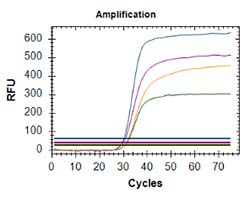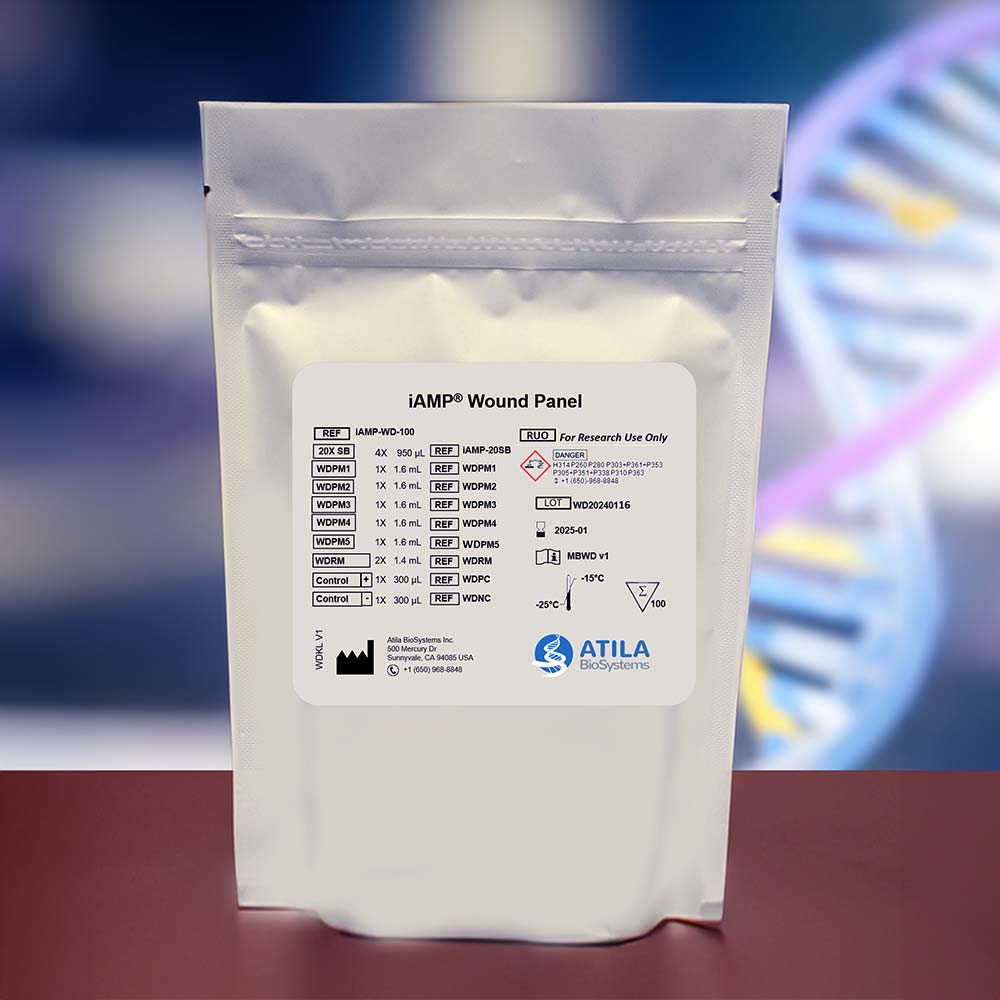iAMP Wound Panel
Our affordable iAMP Wound Panel uses a multiplexed isothermal PCR approach to identify 19 pathogens consisting of wide varieties of bacterial and fungal species. The assay uses a simple, extraction-free workflow to deliver results in under 90 minutes.
Around 6.5 million US population is affected by this silent epidemic known as chronic wound infections. Also, surgery site infections are becoming a leading cause for all health-care acquired infection. Together they pose a huge concern on the health and socio-economic welfare.
Hence, identifying the pathogens associated with these infections, to receive appropriate treatment at an early stage is of utmost importance. To this end, Atila Biosystem aims to provide an easy to use, quick result, highly sensitive and specific detection assay.
Features Include
Technical Specs
Workflow Overview for the iAMP Wound Panel
This section is for demonstrative purposes only and may be incomplete or inaccurate. Always refer to the product instructions for precise guidelines and directions.
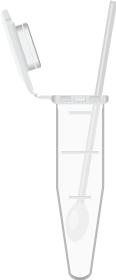
Dry swab in sample tube.
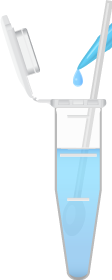
Add up to 750µL 1X Atila sample buffer.
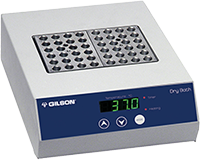
Vortex and incubate at 95C for 10 minutes.
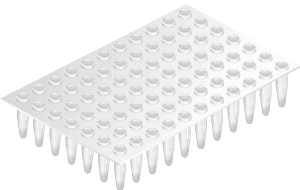
Add 20 µL reaction mix and 5 µL processed sample.
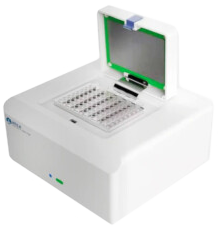
Run on standard PCR instrument.
